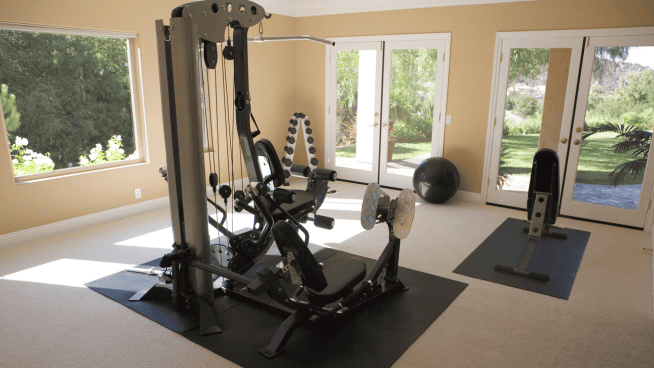Read and React: Bring Your 'A' Game: A Young Athlete's Guide to Mental Toughness
To be the best, you have to believe you are the best. Though it’s a cliché, there’s a lot of truth behind that statement. Being positive is key for any athlete wanting to excel. The real question is, how do you train your mind to be successful?
Mental training is just as important as physical training, and Bring Your ‘A’ Game: A Young Athlete’s Guide to Mental Toughness is the perfect tool to help you do it. Author and sports exercise psychologist Jennifer L. Etnier, Ph.D., reveals secrets to training the brain that can lead to success on the field.
Chapter topics include mental toughness, goal setting, self-confidence, energy management, imagery and dealing with parents. Etnier provides examples of how each of them affects athletes and how to overcome psychological obstacles by using mind-strengthening exercises.
STACK’s Take: A great book to have on hand for the simple fact that readers can skip to any chapter for the particular mental training advice they need. It’s informative and easy to read, and the exercises at the end of the chapters can be practiced as often as needed. The book definitely helps athletes realize how important it is to stay positive and trust their abilities.
RECOMMENDED FOR YOU
Read and React: Bring Your 'A' Game: A Young Athlete's Guide to Mental Toughness
To be the best, you have to believe you are the best. Though it’s a cliché, there’s a lot of truth behind that statement. Being positive is key for any athlete wanting to excel. The real question is, how do you train your mind to be successful?
Mental training is just as important as physical training, and Bring Your ‘A’ Game: A Young Athlete’s Guide to Mental Toughness is the perfect tool to help you do it. Author and sports exercise psychologist Jennifer L. Etnier, Ph.D., reveals secrets to training the brain that can lead to success on the field.
Chapter topics include mental toughness, goal setting, self-confidence, energy management, imagery and dealing with parents. Etnier provides examples of how each of them affects athletes and how to overcome psychological obstacles by using mind-strengthening exercises.
STACK’s Take: A great book to have on hand for the simple fact that readers can skip to any chapter for the particular mental training advice they need. It’s informative and easy to read, and the exercises at the end of the chapters can be practiced as often as needed. The book definitely helps athletes realize how important it is to stay positive and trust their abilities.












